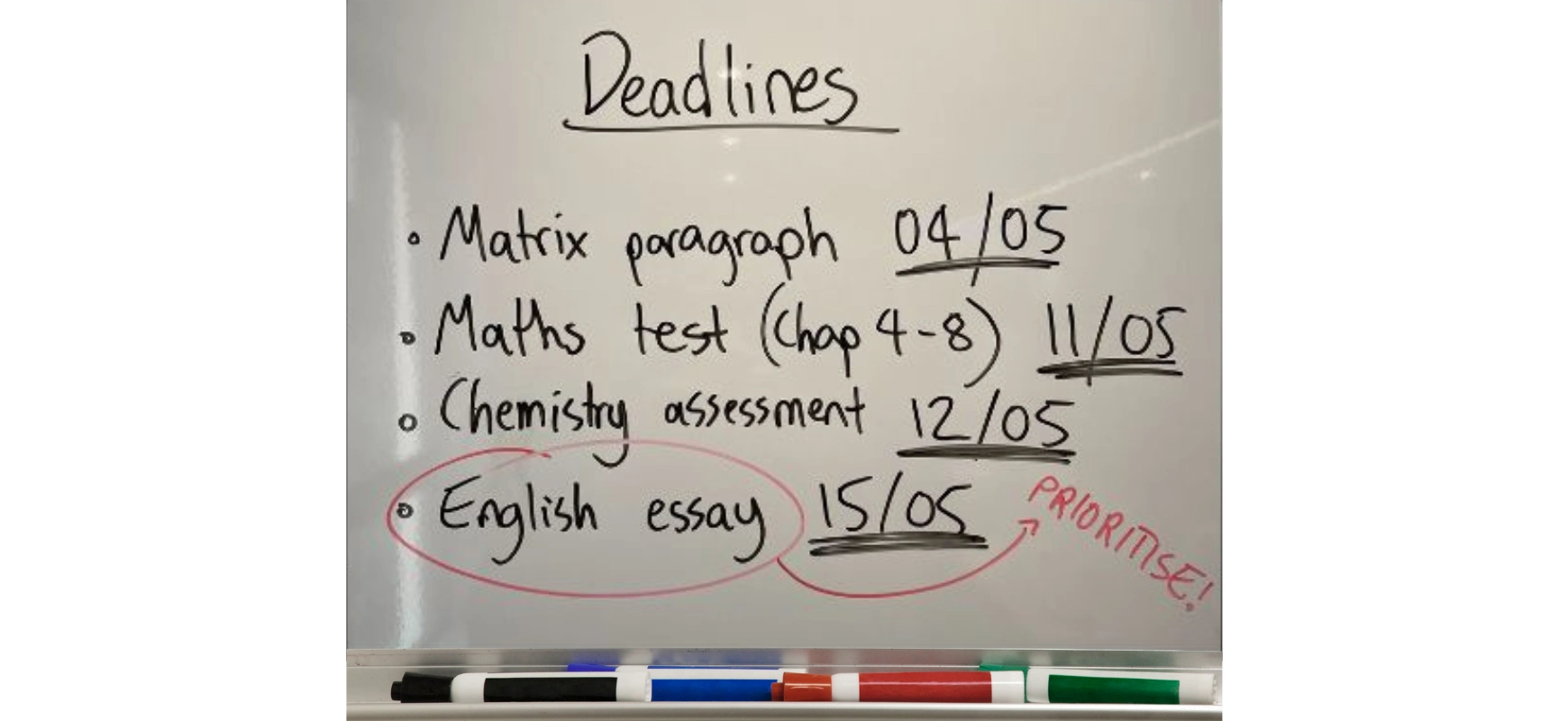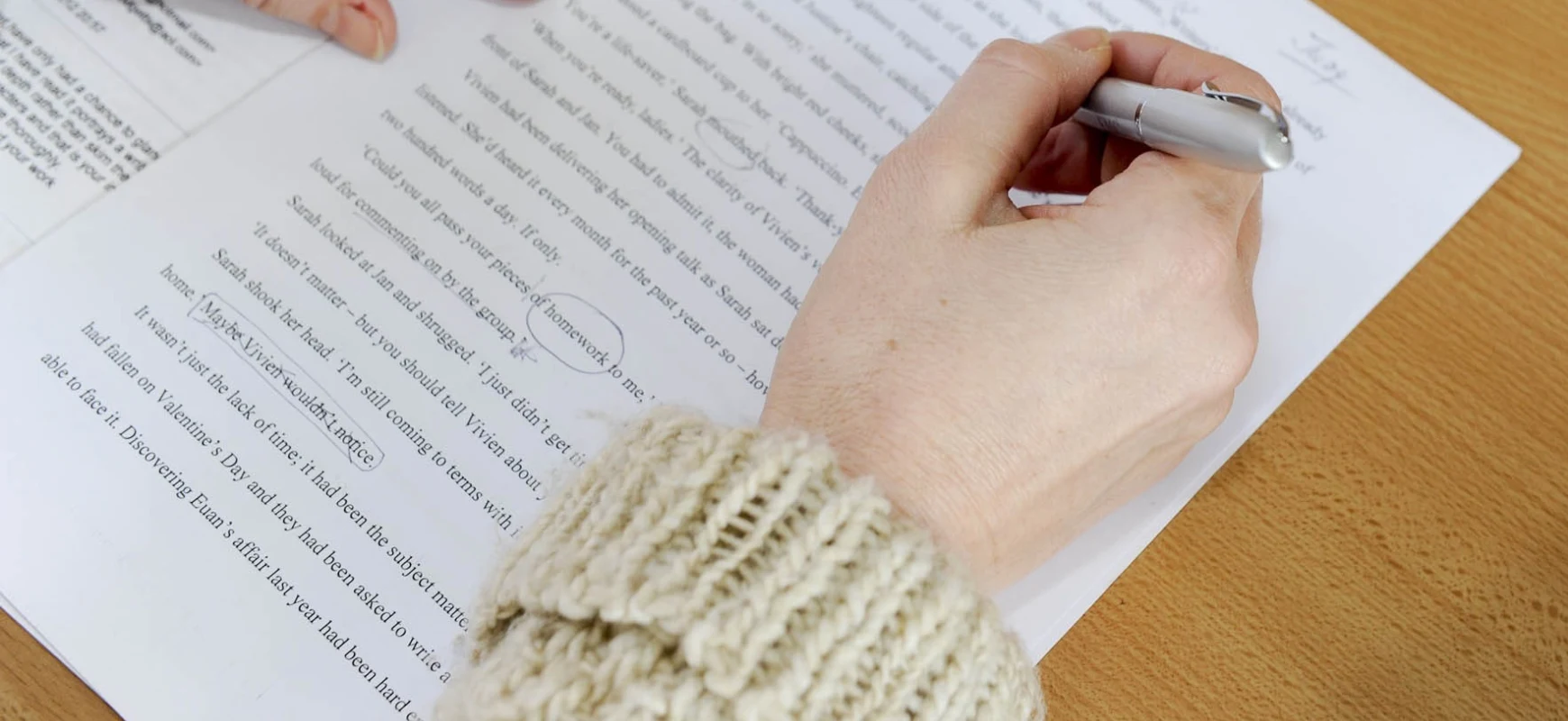In this article, Ved shares how he turned a disappointing Year 11 into a 99.50 ATAR! From procrastination and burnout to redemption, Ved’s story is packed with practical HSC study tips to help you bounce back stronger than ever for Year 12.
Welcome to Matrix Education
To ensure we are showing you the most relevant content, please select your location below.







